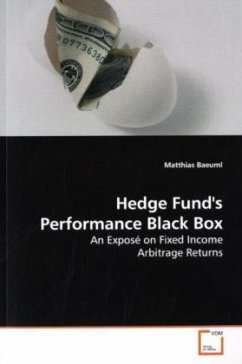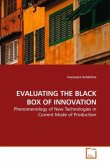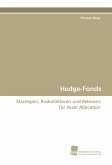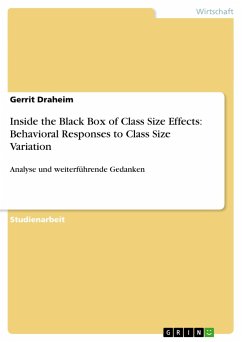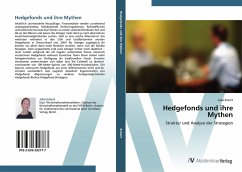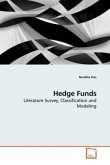This book addresses the question from where superior returns of fixed income arbitrage hedge funds come. I show that a dynamic multi-linear replication strategy identifies style factors to which fixed income arbitrageurs are exposed. A forward and backward looking stepwise regression reveals the link between asset-based style and return-based style factors from January 1998 to December 2007. The major findings are as follows: strategy-wise, the long-only exposure is steadily increasing over time whereas trend-following and convergence trades seem to replace passive spread trades. Location-wise, particularly swap spread positions are held in the portfolios. At the same time, mortgage-backed securities diminish significantly. I also find that a one standard deviation movement in the convertible bond spread leads to a 661.56 bps swing in arbitrage returns. That said, my findings contribute to the understanding of the systematic risk caused by hedge funds. I also find good news for investors: the alpha share is significantly positive in almost all sub-periods, and an index based on my model properly captures the statistical properties of fixed income arbitrage hedge funds.

